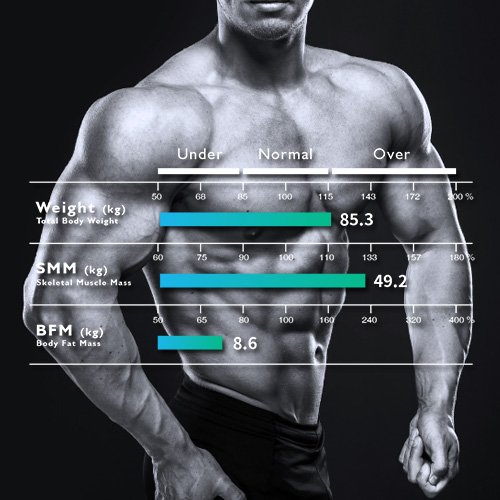Why is calibration so important?

Why calibration is so important
Patient weight is a key piece of information that's used in many ways, including calculation of body composition, suitable medication dosage, evaluation of growth, and more.
Calibration of a professional scale to ensure accuracy and consistency is an important part of proper maintenance. A scale that is not properly maintained may result in less accurate results, which can have a negative effect on treatments that are dosed by weight, such as renal disease procedures.
Calibration of a professional scale to ensure accuracy and consistency is an important part of proper maintenance. A scale that is not properly maintained may result in less accurate results, which can have a negative effect on treatments that are dosed by weight, such as renal disease procedures.
I've purchased a high-end professional scale - does it also need to be recalibrated?
Hospitals and other locations where accuracy and reliability is paramount utilize professional medical scales. However, like any other precision measuring instrument, they are subject to wear and tear even in normal usage, which can, over time, cause deviation in accuracy compared to when the scale was factory fresh, if not regularly checked according to procedure and recalibrated if necessary. Calibration allows service providers to check if results have changed, and if so, correcting it before accuracy is affected.
When should I calibrate my scale?
Different countries typically will have their own regulations for how often a scale needs to be recalibrated, such as on an annual basis. In addition, most facilities may have their own more frequent calibration schedule. Factors to take into account include:
- How often the scale is used (if usage is very frequent and weights are all heavier, it may help to calibrate more often)
- Whether the weight measurement is used to determine medication dosage (if so, more frequent calibration/checking is recommended for safety)
- If the scale is frequently moved to different locations (it’s possible that there may be some inadvertent damage caused in the moving process)
Of course, there are some circumstances that may require you to calibrate the scale before the normal schedule, such as:
- Parts have been replaced
- The scale has been dropped or physically struck
- The temperature has changed significantly
Close attention should be paid to measurement results. If a significant change is observed over a sort period of time, it is possible that the scale has been affected, and an earlier recalibration might need to be scheduled.
How does calibration work?
When conducting calibration, a certified professional will use a calibrated "known weight" (ex: 20 kg) and compare the scale's reading to this weight (these are certified weights, and not consumer weights like the barbells you can find in a fitness center). If the difference exceeds a certain level, the scale is adjusted to it will correctly display the accurate result. It is very important to note that the known weight must be certified by an accredited test lab, proving that the weight is calibration-ready, traceable to master weights so you can ensure accuracy.




